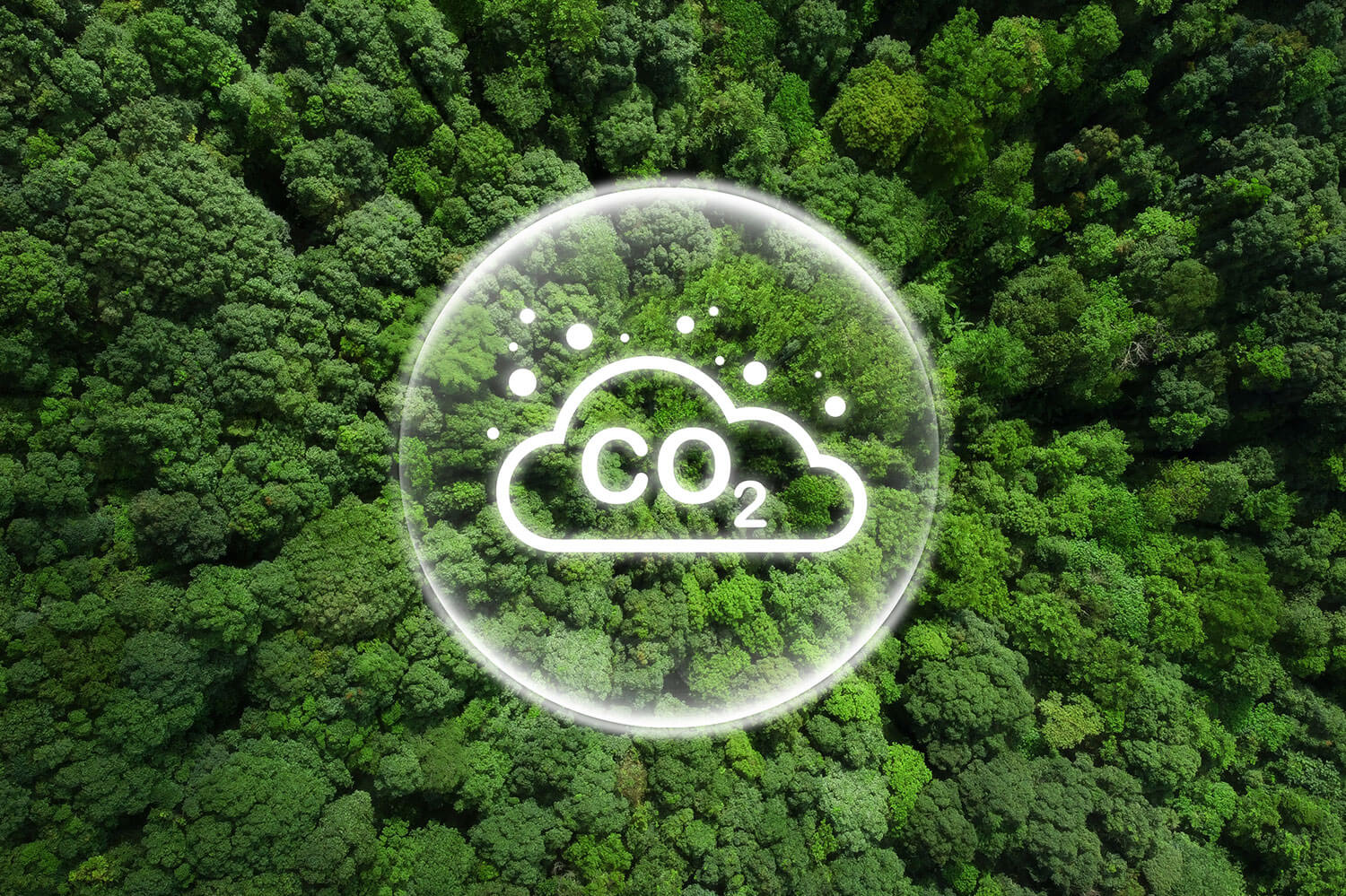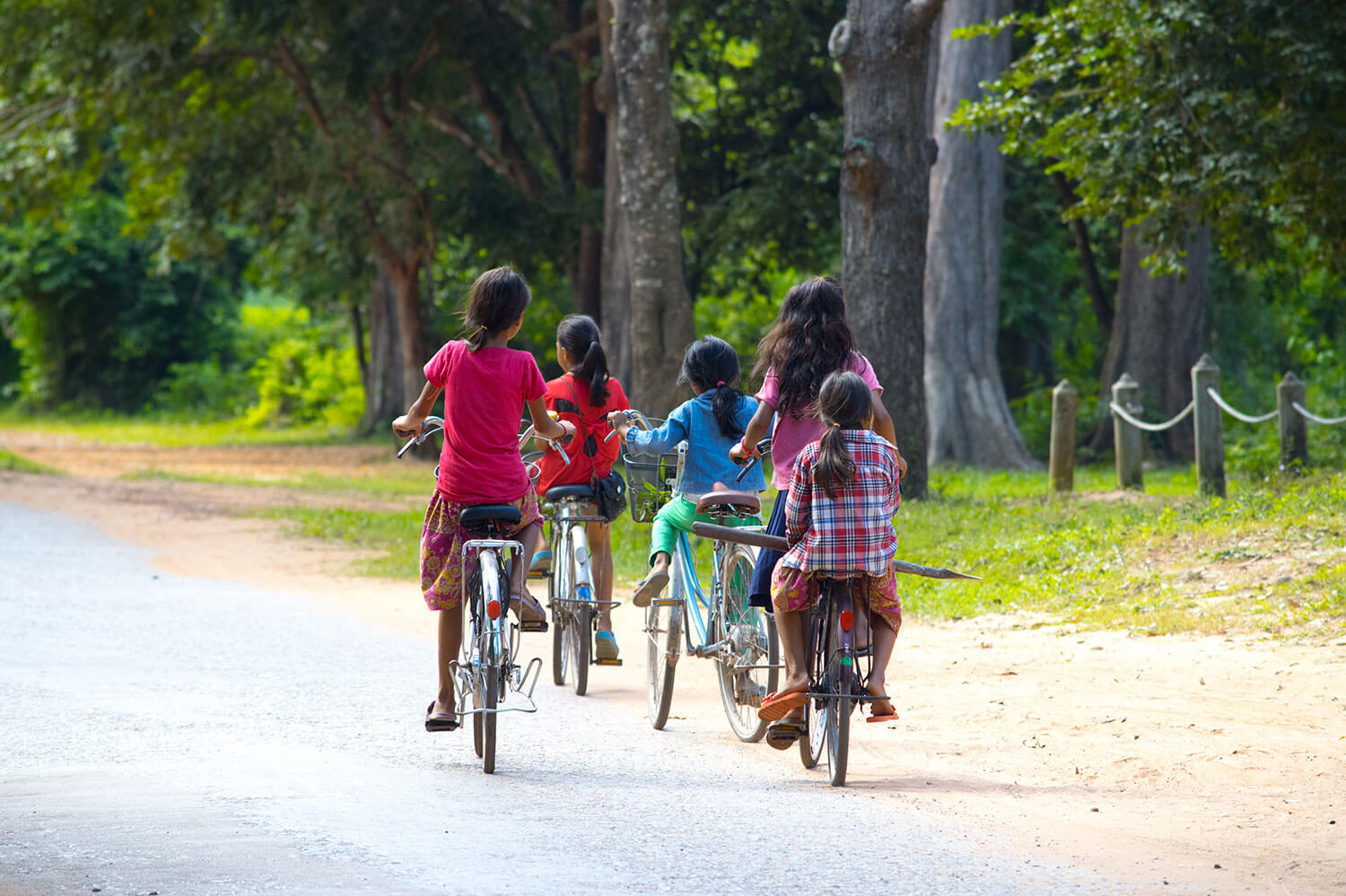Carbon Finance
Carbon Finance for sustainable growth
Carbon credits are units of measurement assigned to quantify the reduction, avoidance, or removal of greenhouse gas emissions achieved by specific projects. These credits are traded on carbon markets, providing financial incentives for sustainable practices.
The race to achieve net zero by 2050 brings with it a huge financial opportunity. The voluntary carbon market is forecast at $1.5 trillion. Our goal at Nexus is to ensure global partners, committed to offsetting their emissions, are investing their carbon funds into quality, certified low carbon projects that not only reduce harmful CO2 but also bring maximum social and economic benefits.
Since 2009, our international team have leveraged millions of dollars for local SMEs and NGOs through the sale of quality carbon credits.
5M credits issued since 2009
Internationally recognized NGO with best in-class experts
Premium credits and Gold Standard certified projects
Why work with us?
Nexus for Development believes in creating sustainable solutions that benefit both people and the environment. Their experience in climate finance and commitment to innovative climate projects make a perfect partner for navigating the carbon credit space.

Assessment
We have 15 years of experience in the Carbon market. Our experts find quality projects and assess their viability
- Real emission reduction
- High social impact

Development
Our experts support the complex process of developing a carbon project, from the first evaluation to issuance
- Design and reports creation
- Validation and verification

Sales
We have built exceptional trust with robust network of major market players by offering quality credits and experience
- International carbon credits buyers
- Diversity of financing services
Our Carbon Finance impacts
Case study
Ceramic water filters for rural communities
Safer cleaner water in Cambodia
Globally, every 2 minutes a child dies from a water-related disease. In Cambodia, nearly two million rural households do not have access to safe, clean water. While boiling water helps reduce exposure to water-borne diseases, the indoor air pollution created by wood fires causes serious respiratory and heart problems, especially for children.
Hydrologic, an award-winning Cambodian social enterprise, established in 2001 produces ceramic water purifiers to address this vital need. With a filter, families no longer need to boil their water. This reduces indoor air pollution, slashes household fuel costs, and creates positive gender benefits, to date the project has helped 200,000 women and girls save time on collecting materials for burning.
Case study
Transforming waste into biogas
National Biogas programme of Cambodia
Over 85% of the rural population in Cambodia does not have access to electricity (World Bank, 2017) and 80% do not have access to clean cooking (ESMAP, 2017). The Biodigester Programme address both of these gaps.
Biogas is a clean energy source produced from livestock and agricultural waste. The biodigester converts animal manure into clean biogas and organic fertilizer, providing a way for individual households to reduce their dependence on polluting fuels for cooking and lighting.
This clean energy generates time and money savings for users while reducing deforestation and greenhouse gas emissions. It also creates a smoke-free cooking environment, producing a positive impact on respiratory health, especially for women and children.
Case study
Cutting carbon in Laos kitchens
Improved cookstoves in Laos
Laos is one of the least developed markets in Southeast Asia. Most people need to rely on wood and charcoal to cook, which results in carbon emissions
and deforestation. The Improved Cookstoves in Loas project has introduced cleaner, healthier technology to rural communities in Loas, reducing the amount of wood used for cooking by 20%.
Revenues from the sale of carbon credits are financing the second phase of this project, which will see cookstoves scaled to new areas as well as testing products and managing certification.
The project has has delivered extensive additional benefits including cost and time savings and improved jobs for women owned businesses in Laos.
Financing climate action across Asia
Impact Investing
As a dedicated fund manager, we ensure your investments are strategically directed for maximum impact. Ready to invest?
Project Financing
Do you have a low-carbon, climate-positive solution in Asia? Partner with us to explore financing options that can help you scale.

